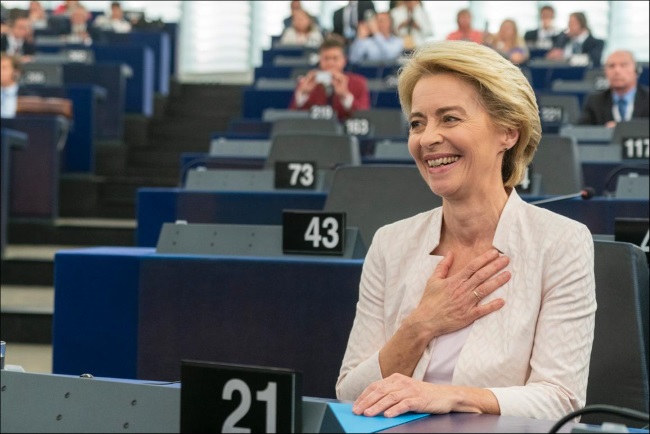In our latest Belgian Politics Covid-19 article Catherine Feore is hoping that the new season will accelerate foreign travel.
Spring has certainly sprung – snowdrops, crocuses and daffodils are already on display, and I’ve bumped into some large furry bumblebees who have left their wintery slumber to drunkenly hover from flower to flower. With spring comes a feeling of rebirth, and never more so than this year with the very real prospect that we might be released from confinement and maybe even allowed to roam.
Just a thought on the miracle of science and public administration that brought us to where we are today. There’s been a lot of – in my view – unfair criticism of the EU’s vaccine strategy. There were undoubtedly some flaws – hello people, it’s a pandemic! – but overall it has been outstanding.
wo things should be remembered when assessing the EU’s performance. Firstly, health really isn’t an EU competence, the European Union has done much through research programmes and cooperation in the field of health, but it is a policy area that states have jealously guarded. This brings me to the second point, getting EU countries to work together is like herding cats. Fortunately, the European Commission is a dab hand at it, but it is even more demanding without a clear competency.
As ever, the European Commission has become the scapegoat of choice when there are difficulties – sadly, politicians are often a cowardly bunch happy to hide behind the great behemoth that is ‘Brussels bureaucracy’. However, the facts tell a different story.
Last year on 17 June, the European Commission unfurled its vaccine strategy for the development, manufacturing and deployment of vaccines. To those who conveniently forget these things, there was a race for vaccines – similar to that for protective gear – that could have seen states outbidding each other for a scarce supply. The EU acted collectively in a heroic effort to help get new vaccines developed and into production through advance purchase agreements, securing supply to all EU states, while also leading global efforts. It has been a breathtaking success, of which the scientists and officials have much to be proud of. Whereas vaccine development usually takes up to ten years, this has been achieved within 12 months.
The EU succeeded and delivered more than 50 million doses by the end of February and has a realistic plan to vaccinate 70% of the adult population by the end of the summer. Nevertheless, the EU has come in for sharp criticism in two areas: vaccine approval and rollout. The fact that some countries granted ‘emergency use’ authorisation rather than waiting for the European Medicines Agency’s more stringent ‘conditional market authorisation’ painted the EU as overly cautious.
To those who intrepidly suggested that the EU should deploy vaccines for emergency use, I have to “ask where have they been?” Great to have those voices on board now, but there has been an antivaccination disinformation campaign raging across Europe for years. A higher level of authorisation was not just about avoiding state liability, should problems arise, it was a question of public trust.
Roll out has been complicated with vaccine production problems – and frustration with some companies – in particular AstraZeneca, the manufacturer of the vaccine developed by Oxford University, has filled many newspaper column inches. Had AZ respected its contractual commitments to the EU? What exactly were those commitments? Was there sufficient data to administer to those in the highest risk over-65 group? The EMA said it was suitable for over 65s, but some state regulators disagreed; these decisions lay with individual EU countries, and successful deployment after delivery lay squarely on the shoulders of member states.
The EU’s response hasn’t just been on the medicinal front, it has also been relaxing many of its rules to allow large, publicly funded interventions to support the economy and establish a Recovery and Resilience Facility that could be a game changer. However, the economic cost of the pandemic will be enormous and the impact is unevenly felt.
The sector that has been most deeply affected is tourism. Even here the European Commission is doing what it can to put forward pragmatic solutions with a legislative proposal for a ‘Digital Green Pass’ on 17 March. It is proposed that the certificate will contain proof that a person has been vaccinated, show results of tests for those who couldn’t get a vaccine yet and may also consider recovery from Covid-19. The Digital Green Pass is aimed at enabling the safe movement of people across the European Union, or further afield. It is hoped that it can be proposed and adopted within the next few months. Assuming this is agreed, some of us could enjoy easier travel. Spring is here, but it is looking more and more likely that we are heading towards a more social summer and maybe, just maybe, the right to roam well beyond Belgium’s borders.








